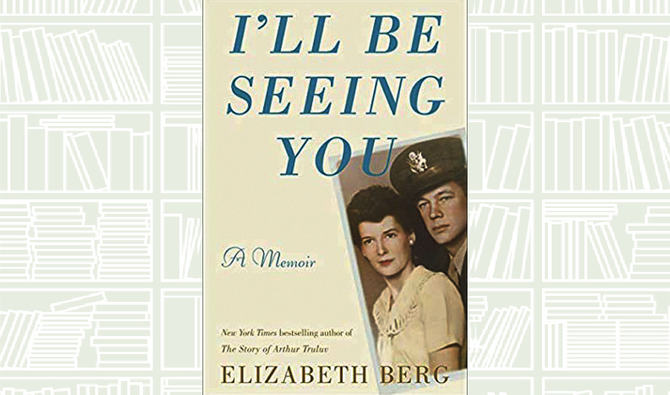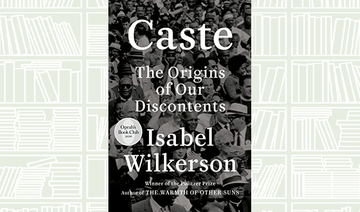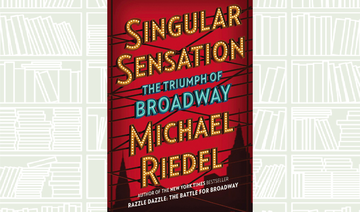Writers love to write about writing and none seemingly more so than Gay Talese, the journalist known as a pioneer of the American literary moment called “New Journalism.” This style of writing originated in the 1960s and ‘70s and combines journalistic research with creative non-fiction.
Talese started his career as an obituary writer at the New York Times and, later, as a magazine writer who ended up reluctantly penning the most widely read magazine articles of all time. He showcases some of that editorial wisdom — and reporting mishaps — in his 2023 book, “Bartley and Me: Reflections of an Old Scrivener.”
Now 92 years old, he writes vividly about his early reporting days and the stories behind the stories; he masterfully weaves in stray strands that somehow come together into a coherent narrative. Talese writes crisp copy. He writes about nobodies and somebodies with equal fervor.
He recalls his time as a young reporter on assignment where, at the insistence of his persistent editor, he attempted to sit down for an interview with the elusive and super-famous star Frank Sinatra. Talese recounts how he repeatedly tried — and failed — to pin down “Ol’ Blue Eyes” while chasing him around California in the 1960s. He eventually published his distinctively titled profile, “Frank Sinatra Has a Cold,” in the April 1966 issue of Esquire. That piece of writing is considered one of the most celebrated pieces of magazine journalism to date.
Talese’s tales are mostly centered around his time in New York. He recalls things in meticulous detail — for example, pointing out the exact address and precise building within a neighborhood to help the reader visualize the space. The city is always a leading part of the story.
“New York is a city of things unnoticed,” he wrote 60 years ago, something that could easily be written today. He recalls the early days of his journalistic career in New York, churning out newspaper copy and still, now, being ever-so-curious about everything. The pages of this book show that we all, alongside him, still have much more to notice.
The title of the book was inspired by American author Herman Melville’s short story, “Bartleby, the Scrivener: A Story of Wall Street,” published in the 1800s. This is a social criticism piece about a lawyer who hires a peculiar scrivener or clerk, Bartleby, and the adventures (or misadventures) that ensue.
In his version, Talese shares with us a fresh piece of original reporting titled “Dr. Bartha’s Brownstone,” which is his version of “Bartleby.” This time, however, Bartleby is an unknown doctor who makes his bombastic mark on the city one random summer day. It is a brilliant piece of journalism about journalism.























